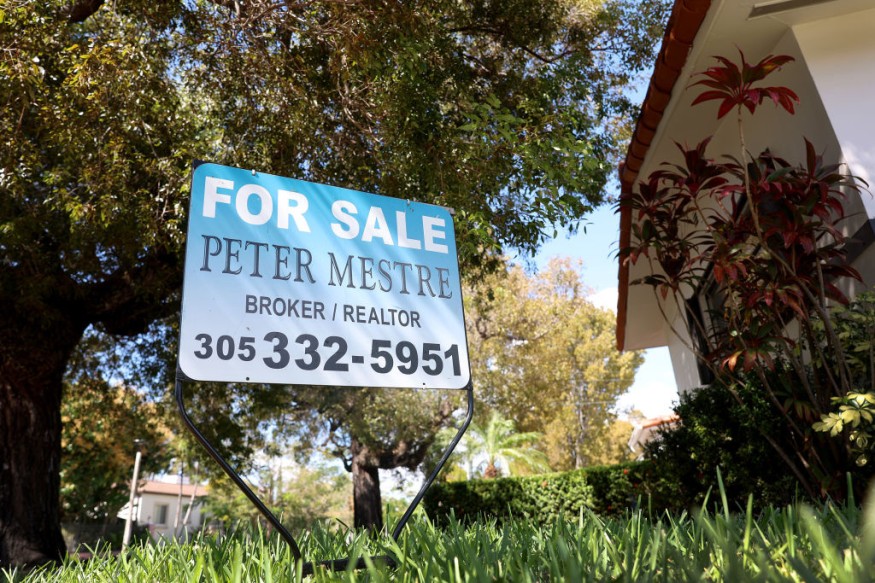
Middle-class earners in the United States may no longer be able to afford homeownership and real estate by 2029 amid high mortgage rates and soaring home prices, according to experts.
Speaking with GoBankingRates, Carter Seuthe, CEO of Credit Summit, said middle-class earners would most likely find it very difficult to purchase a home in high-demand areas unless they are bidding for over the asking price or waiving key elements such as home inspection.
"Honestly, with the way things are going, a mortgage or house purchase might be something the middle class won't be able to afford in five years," he said. "I can certainly see owning a home becoming something that's more and more out of reach for your average middle-class citizen."
David Brilliant, a tax, trust, and estate lawyer at Brilliant Law Firm, echoes Seuthe's forecast and said middle-class earners would now find it challenging to own and pass down real estate property.
"With the recent adjustments in property tax laws, such as those prompted by Proposition 19 [in California], and the potential changes to the unified credit against estate and gift taxes, there's a real concern that owning and passing down real property will become increasingly challenging for the middle class," Brilliant said.
Pew Research Center defines "middle class" as individuals earning between two-thirds or twice the median American household income. In 2022, the median income nationwide was $74,580, per the United States Census Bureau. That means middle-class households are those earning as little as $49,722 and up to $149,160.
Middle-Class Earners Already Struggling To Pay Rent
Predictions from Seuthe and Brilliant came as middle-class earners are increasingly struggling to pay the rent as rental prices rise in the country.
At least 22.4 million renter households spent more than 30% of their income on rent and utilities last year. Among all income levels, middle-class renter households saw the sharpest rise in cost burden, with a 2.6% increase among those earning $30,000 to $44,999 annually and a 5.4% rise among those making $45,000 to $74,999 per year, according to a new report from the Harvard Joint Center for Housing Studies, which analyzed the 2022 census data.



